The top 5 delivery challenges for contractors in Denver
Ryan Miller
July 24, 2025
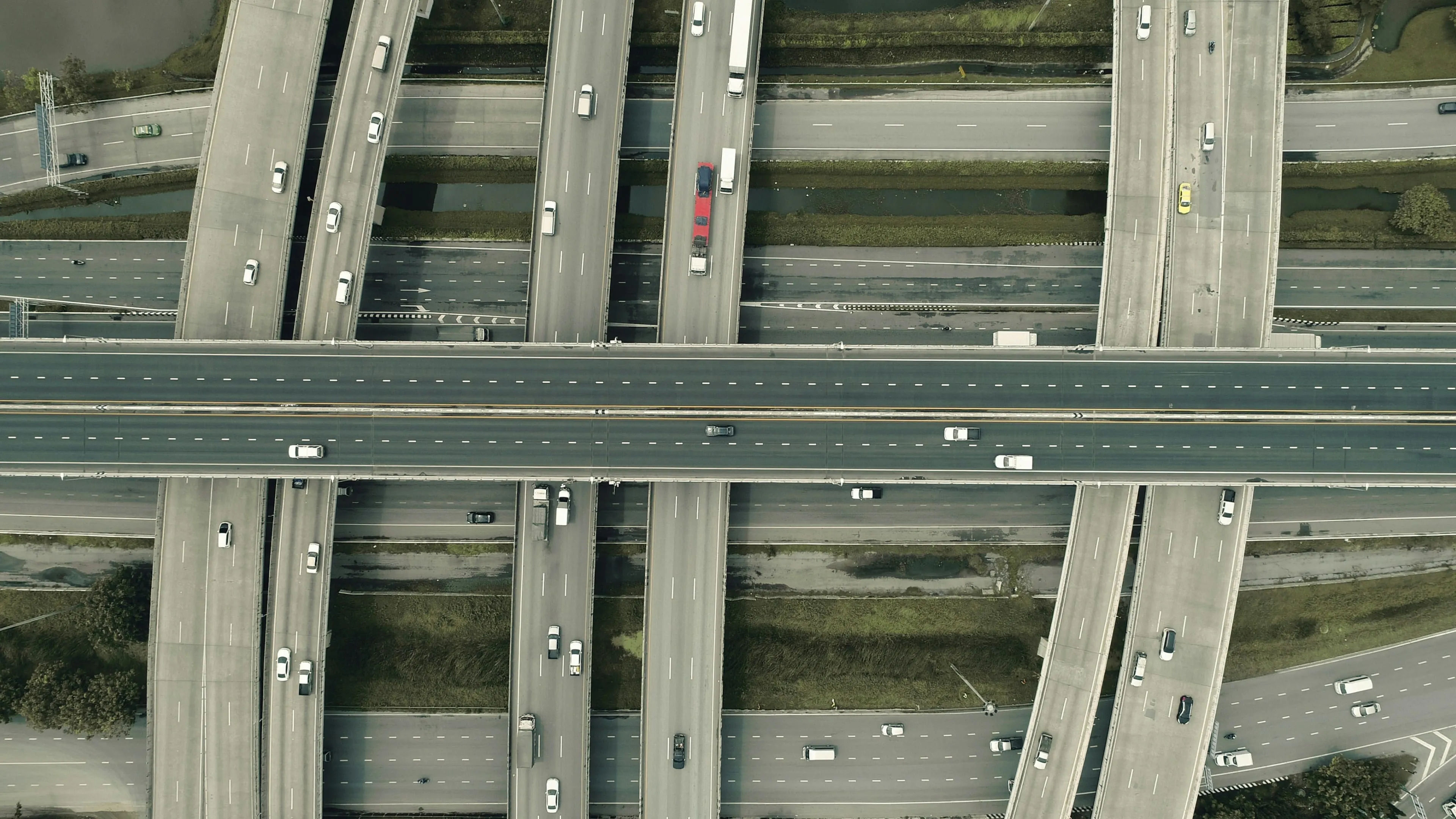
When your team is on-site, you’re focused on executing the quality work you were hired for. The last thing you want to slow you down on every project is delivery planning and logistics. Here are the main challenges you can expect to run into as a contractor, and how to solve them and get back to the big picture.
What does typical construction material delivery look like?
Conventional construction delivery involves businesses planning, ordering, packing, and transporting equipment, materials, and building supplies to a site. This requires meticulous coordination with schedules, site logistics, and delivery of specialty vendor items.
Construction delivery ranges in size from a few items in a small pickup truck to planning large-scale hauls of equipment and prefabricated parts in a semi.
Which types of construction materials are handled?
Materials being delivered to the site vary on a project-by-project basis. Common materials delivered could include steel, lumber, concrete, roofing materials, electrical supplies, windows and glass, and insulation.
But it’s not just raw materials making their way to the site. Equipment like excavators, generators, HVAC equipment, forklifts, and hazardous materials like fuel may also need to be scheduled for delivery. Coordinating the arrival of materials can be a complicated process. Here are the most common issues contractors face.
The top 5 delivery challenges construction vendors face
1. There’s no visibility
For an average construction project, small and large vendors deliver construction supplies of varying sizes on different timelines. Typically, there are a handful of people coordinating deliveries with everyone, and if even just one of those vendors encounters an issue or delay, it could disrupt the entire project timeline before the right people are informed.
Contractors are often left in the dark when there’s an ordering or routing issue. The update could come via a missed phone call or an email that gets buried in a manager’s inbox. Having all stakeholders in the know about issues and status updates has long been an issue for companies wanting to stay efficient on time.
2. Miscommunications with vendors
The procurement process involves multiple emails, phone calls, and sometimes in-person coordination about inventory, delivery timelines, and order details. Any miscommunication with a vendor could cause an incomplete or inaccurate delivery. Then, your team’s time and resources are wasted.
Often, the ordering and delivery process also has a ripple effect. If there’s a miscommunication with an integral vendor responsible for delivering structural components, for example, the progress of the rest of your project gets delayed. Then, you’re left rescheduling contractors and deliveries over and over again.
3. There’s a lack of custom routing options
Many vendors and contractors rely solely on local delivery drivers and services. Their routes are rigid and often limited in terms of distance and delivery type. Finding a catch-all solution to handle nationwide ordering and delivery can be costly and complicated.
4. Supply chain disruptions and delay issues
It’s no secret that material delays and supply chain disruptions can stall entire projects. This leads to increased labor costs and incorrect project deadlines. Not only does it disrupt a contractor’s workflow, but it also damages your business's reputation and client relationships.
Sometimes, a supply chain disruption or delay can’t be prevented. But it’s all about a contractor’s means to pivot. A complete project workflow is intricate, but it is also adaptable. But many construction companies fail to expect the unexpected, so minor disruptions and delays throw things way off course.
5. Logistics are costly
The costs associated with transporting materials and coordinating with vendors can be astronomical. Especially when your vendors need to coordinate deliveries or pickups in remote locations.
Pre-planning and budgeting for even the simplest projects can be complex when companies have no options to optimize routes or consolidate vendor shipments.
The solution? Switch to Curri, the comprehensive delivery software
Construction demand in Denver and the United States isn’t expected to slow any time soon. Outdated material ordering systems and convoluted delivery processes, whether over the phone or via email, can cause project timelines to drag and stall. To modernize and eliminate the barriers contractors face, companies need to switch to an intuitive software solution like Curri.
With Curri, every stage of the delivery process is streamlined. Clients and stakeholders gain the visibility they’re looking for, with no miscommunications. Supply chain disruptions are also tracked, and there’s significantly less room for human error in the planning process.
Businesses in the trades are known to be the slowest at adopting new technologies, but they really can’t afford to be. With more commercial, residential, and infrastructure projects in demand in Denver, Lakewood, Aurora, and greater Colorado, efficiency is critical. The cherry on top? Implementation is straightforward, and users can get started in minutes.
Why implementation is easier than you think
Onboarding any digital tools can feel daunting. However, with Curri, you get a user-friendly interface, an extensive resource center, and top-notch customer service. Signing up and making your first booking can be done in 7 simple steps.
1. Log in with your credentials at curri.com
2. Enter your stops. Stop one is the pick-up spot. Click “Add Another Stop” as many times as necessary. Click and drag the handle on the left if you need to reorder your stops.
3. Select your vehicle. You can choose a vehicle of virtually any size to fit your delivery needs.
4. Select your delivery timing that meets your and your customer’s needs.
5. Detail the orders included in this delivery. Start with the first order, include the PO number, and select the applicable pickup and drop-off spots. Let us know if you have any specific delivery requirements, and you’re almost done!
6. Add contact information for each stop in case your driver needs assistance.
7. Review and book!
At Curri, we take pride in being straightforward and accessible. We don’t want to bombard you with complicated ordering and onboarding. It’s a simple service that gets the job done.
For planning, routing, and receiving your next deliveries, get Curri
Visibility, communication issues, routing delays, and logistics are no longer a problem thanks to Curri. Our platform enables users to plan, track, and receive with ease. We even offer hotshot delivery options. On top of that, Curri integrates with your go-to project management tools, so all of your critical updates are in one place.
Why try to juggle a dozen vendor deliveries? Save time and money by switching to Curri. Book a demo with our team today to learn more and start scaling your projects.
.jpg)








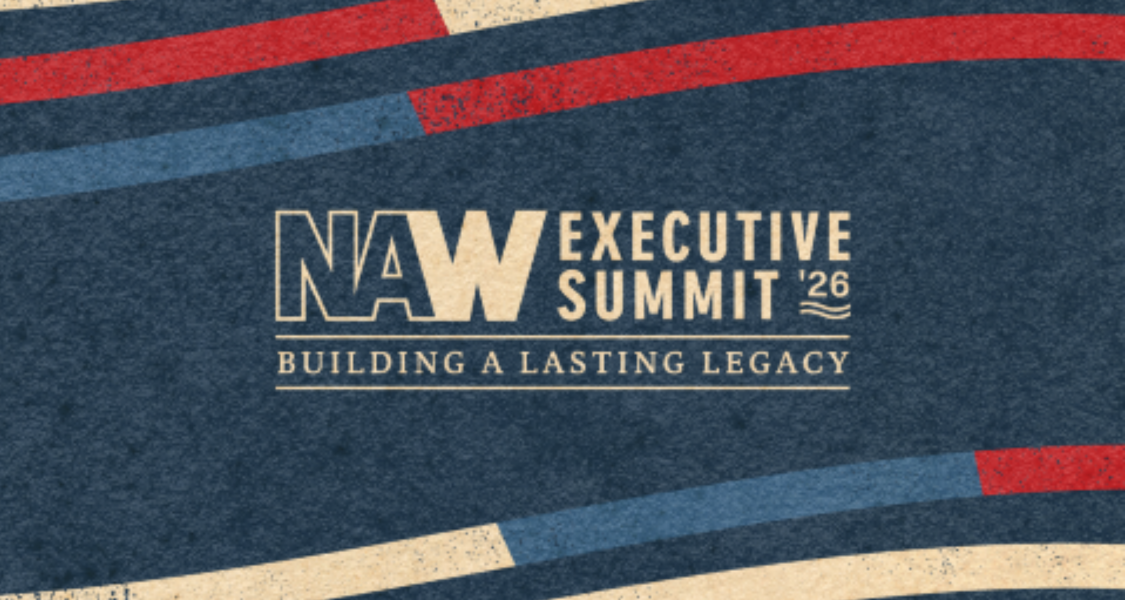

.png)
.jpg)
.jpg)
.jpg)
.jpg)
.jpg)
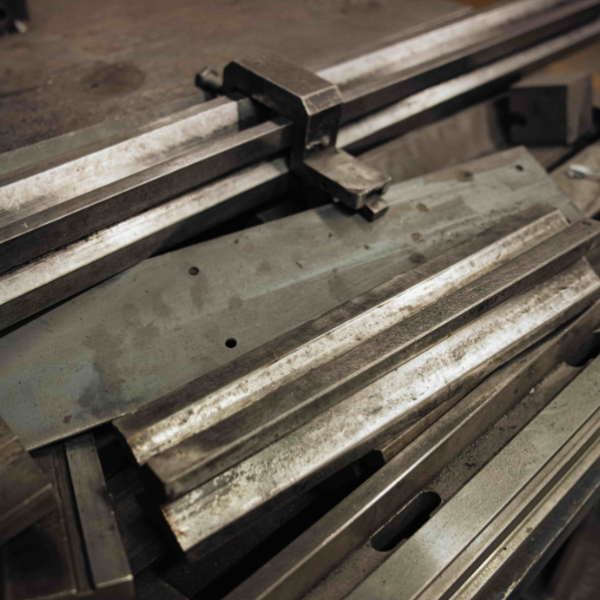
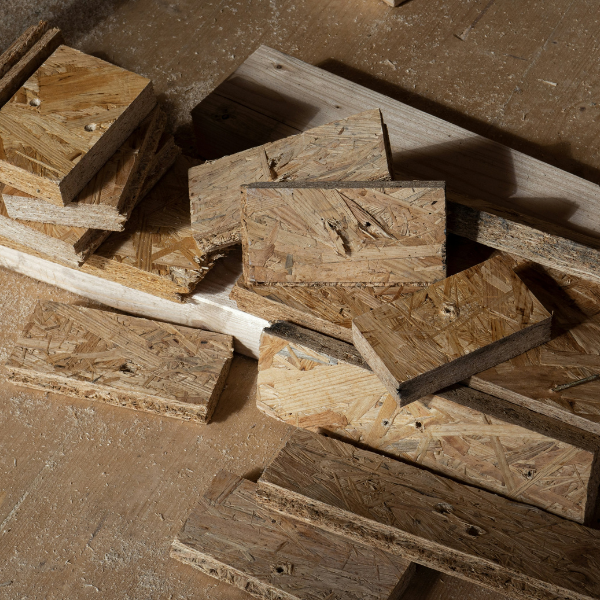
.avif)
-min.avif)

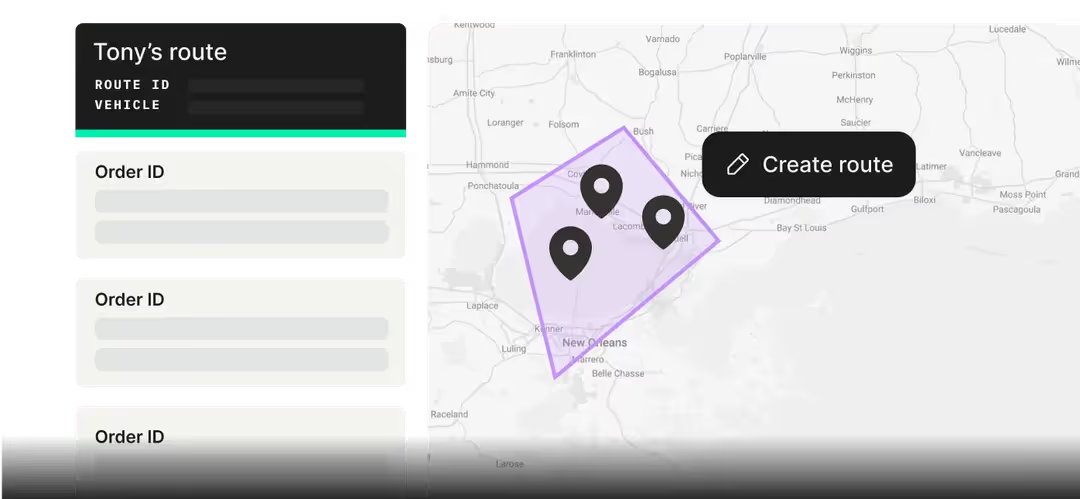
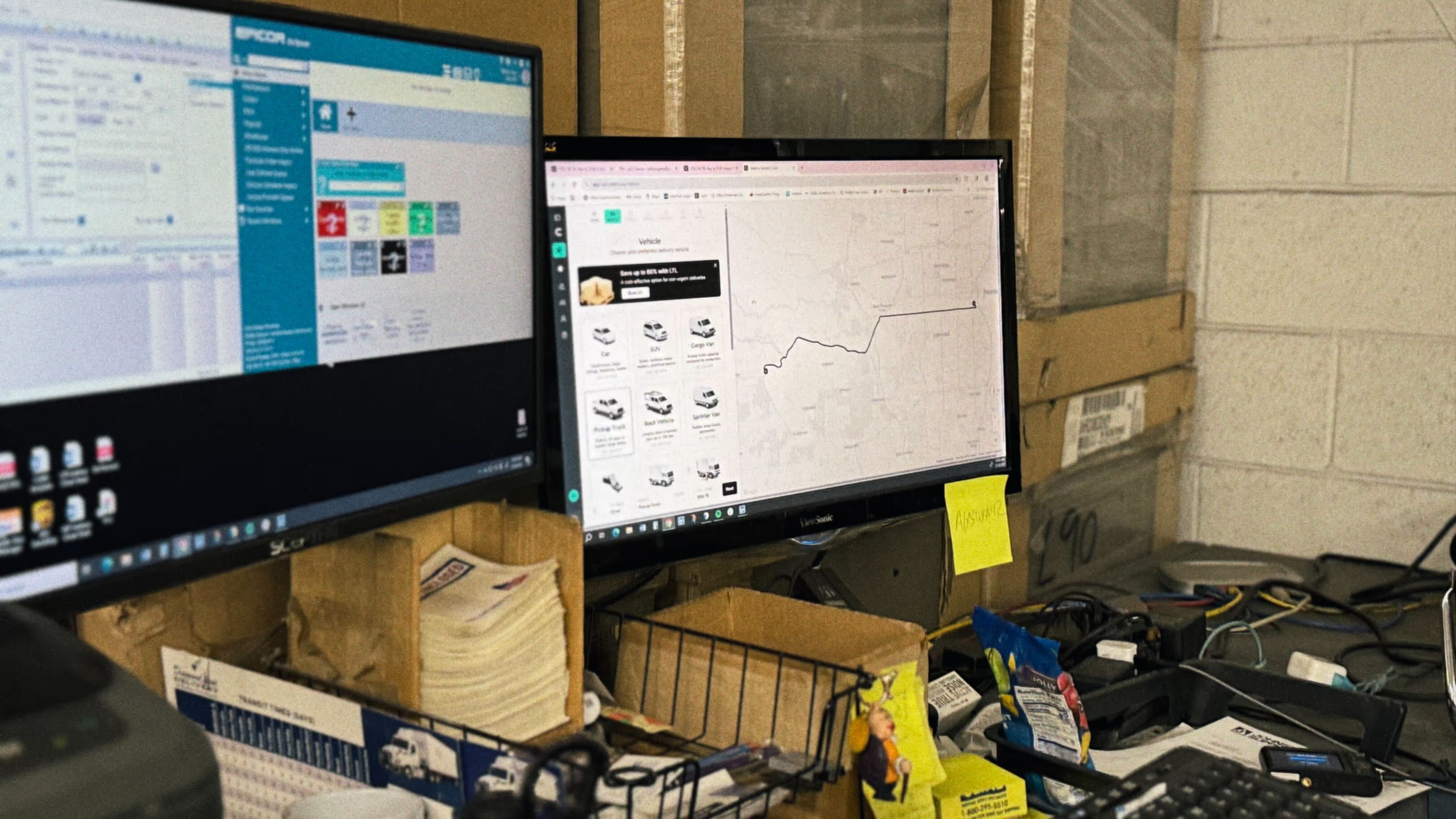
-min-min-min.avif)
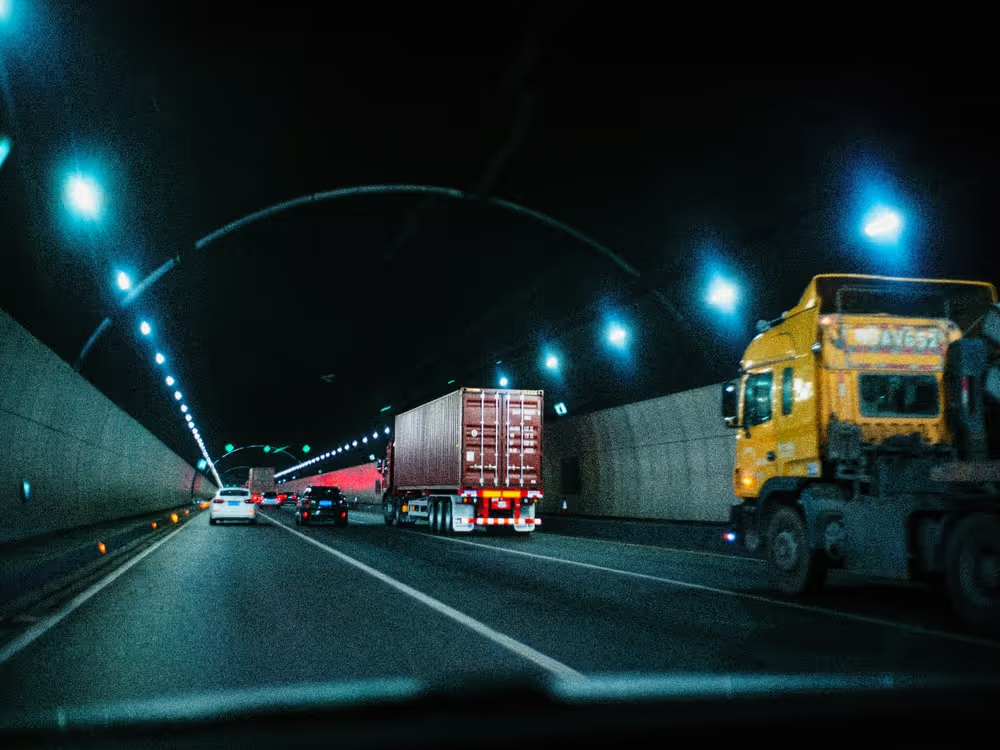
.avif)
-min.jpeg)
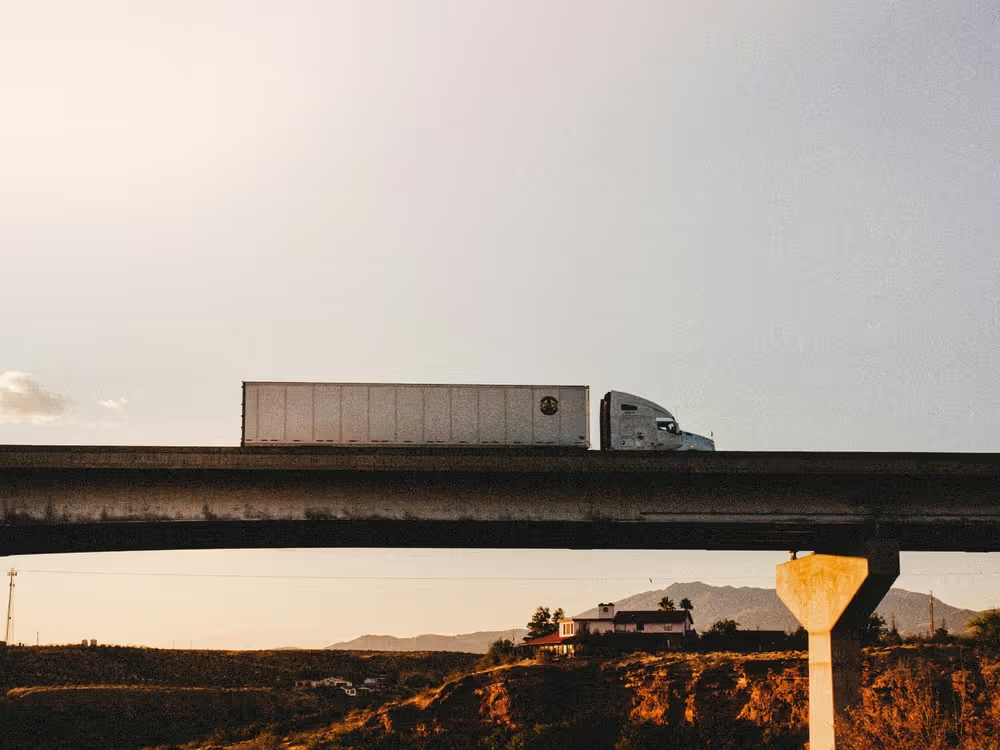

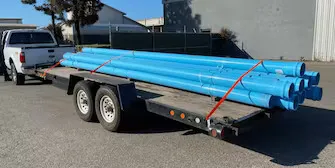
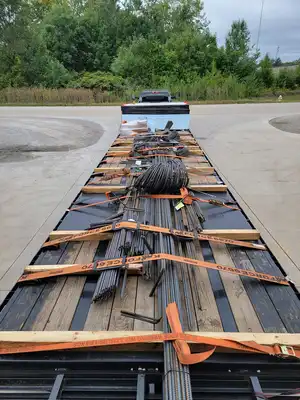

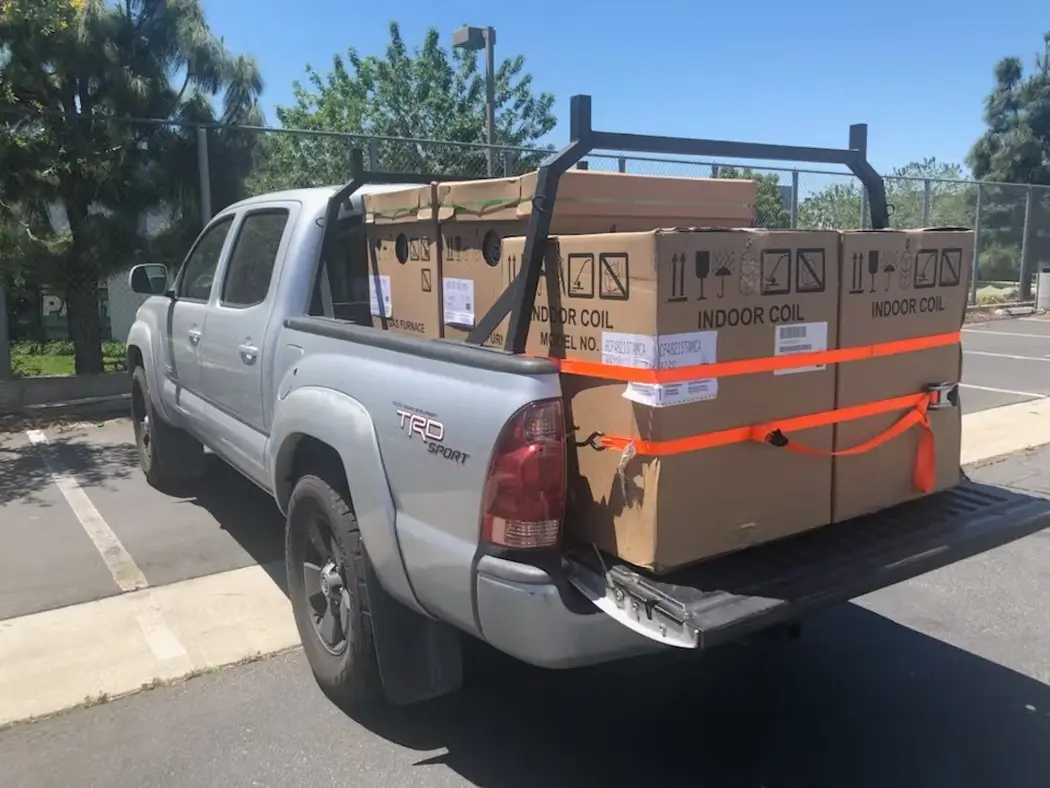
-min.webp)
.webp)
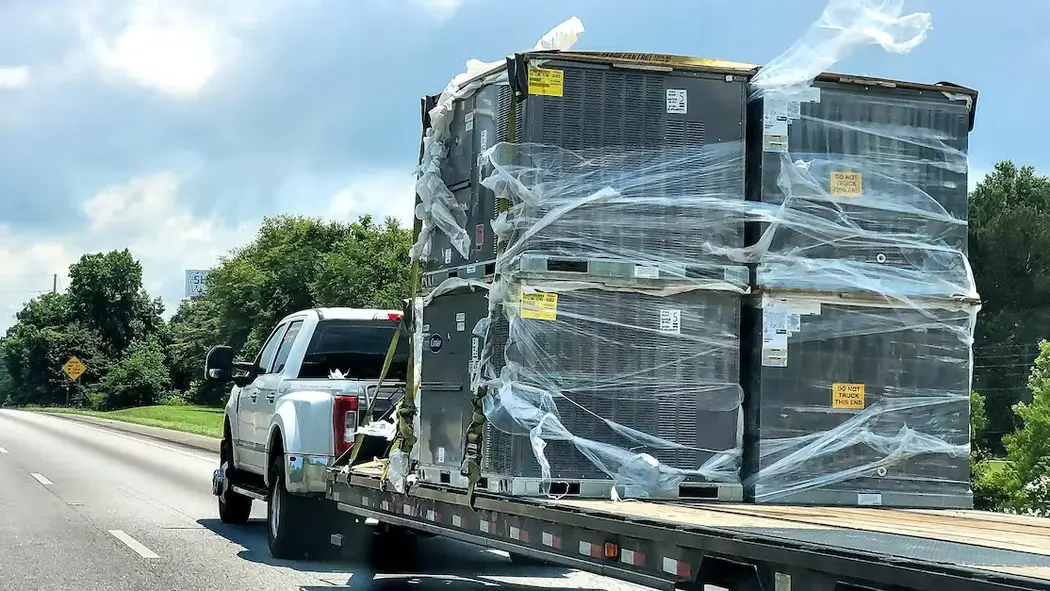

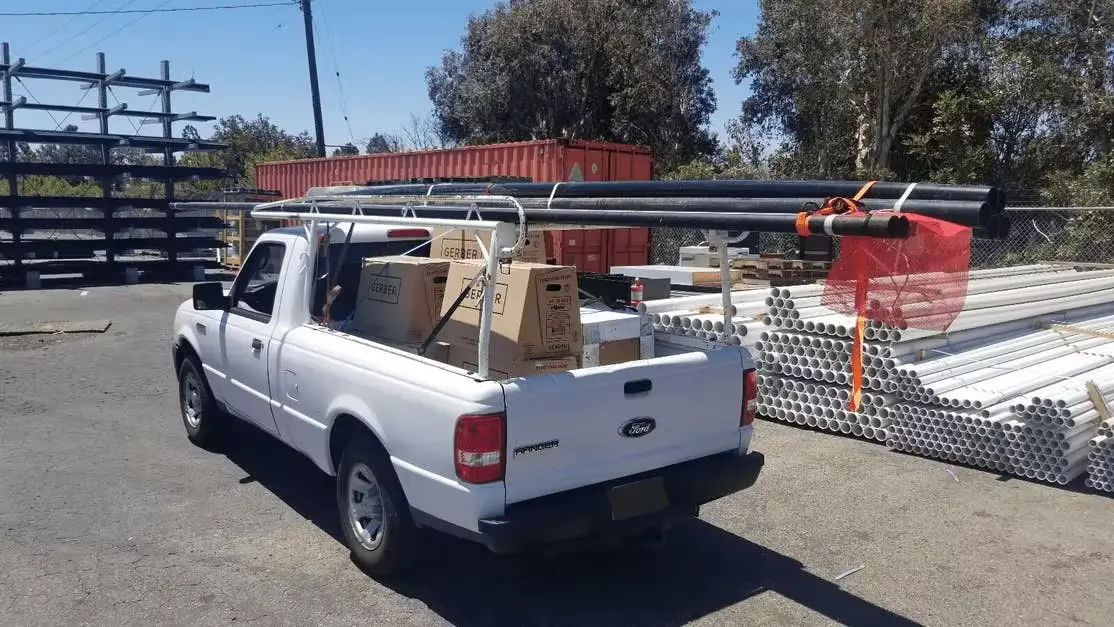

.webp)

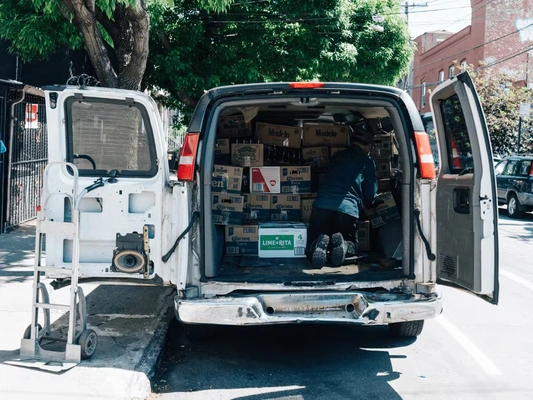


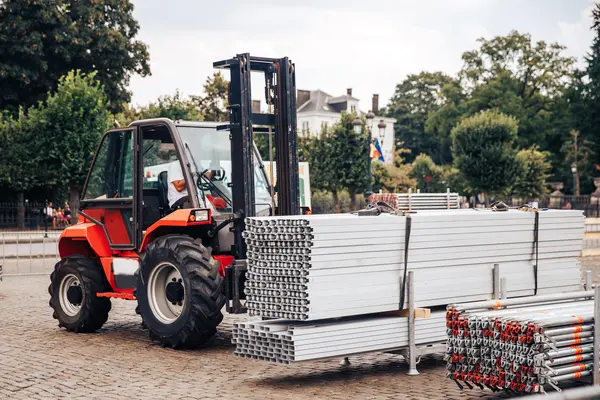
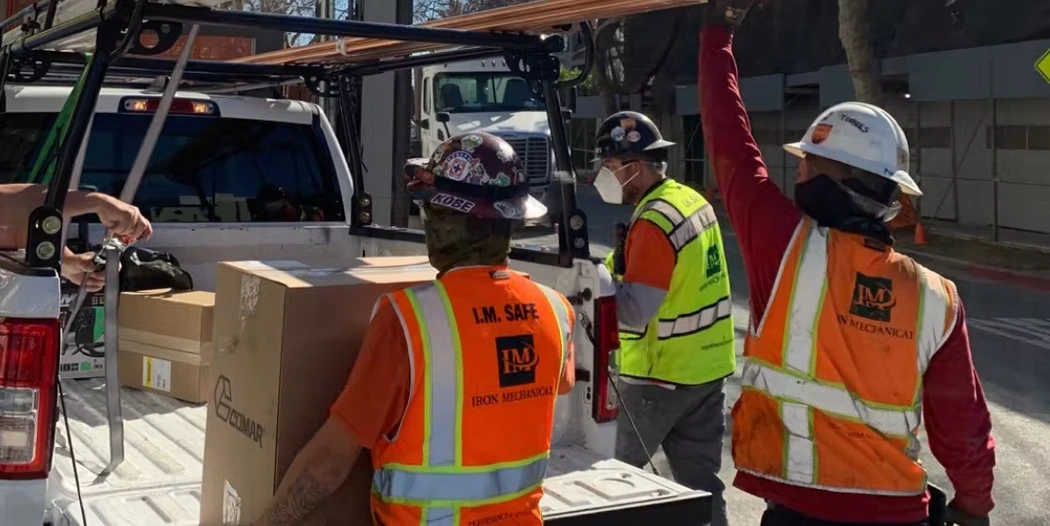
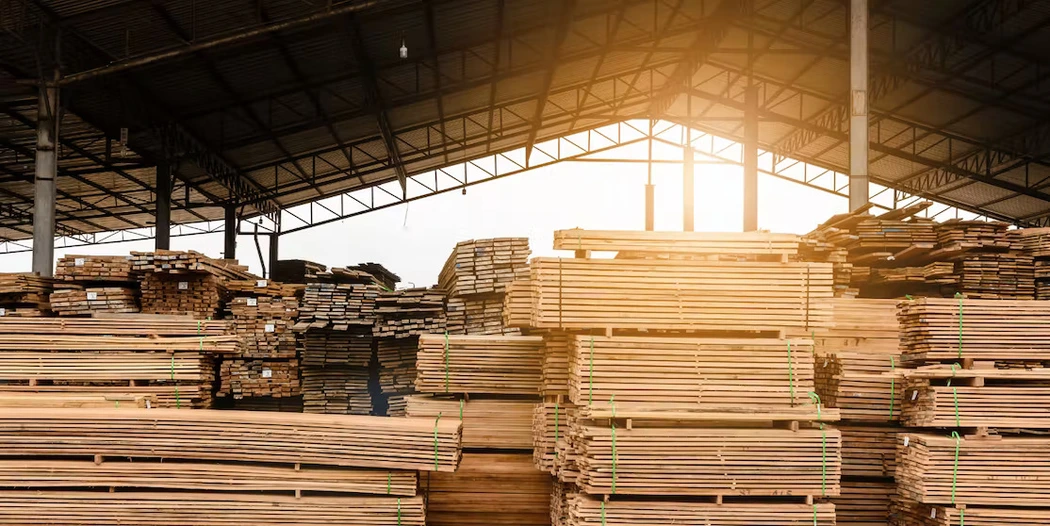




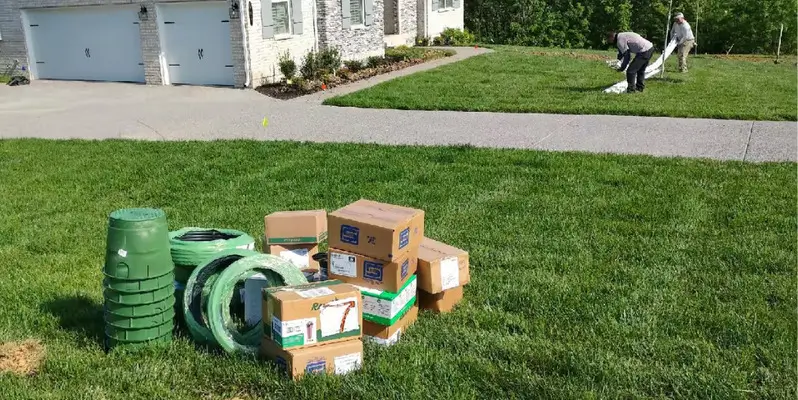
.webp)
-min.avif)


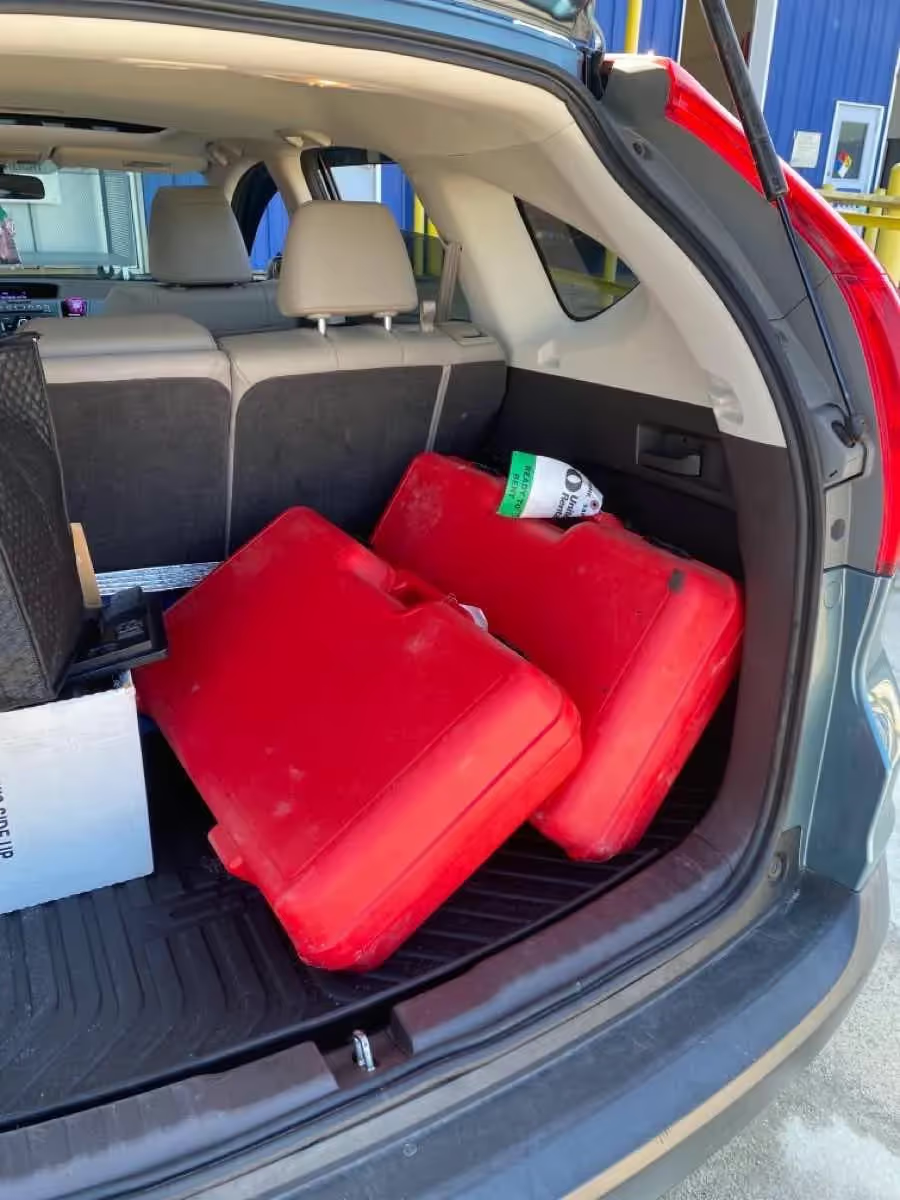

-min%2520(1).avif)

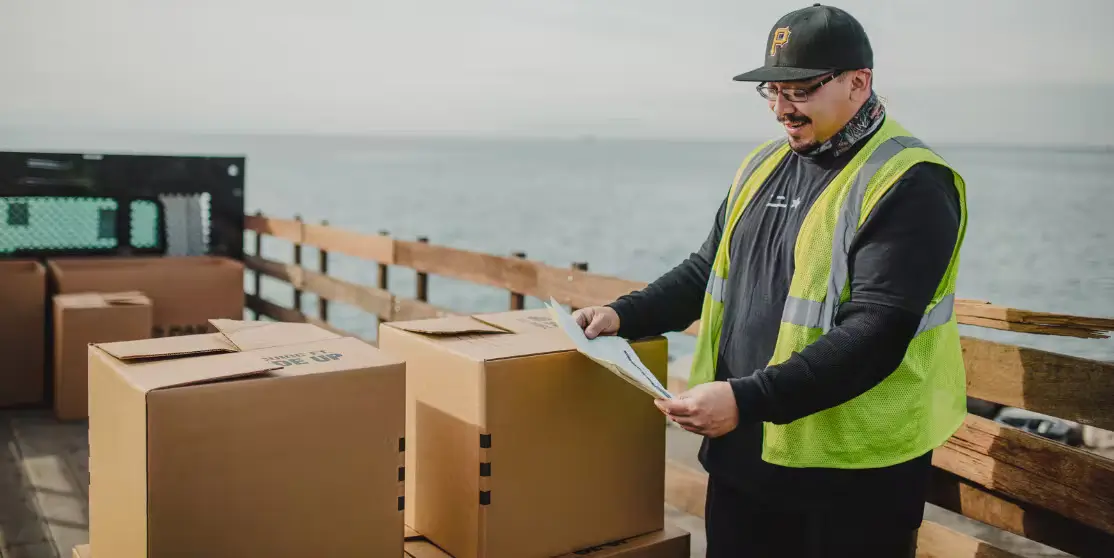
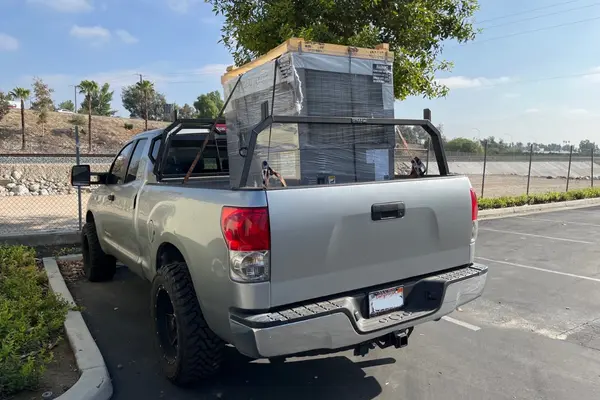


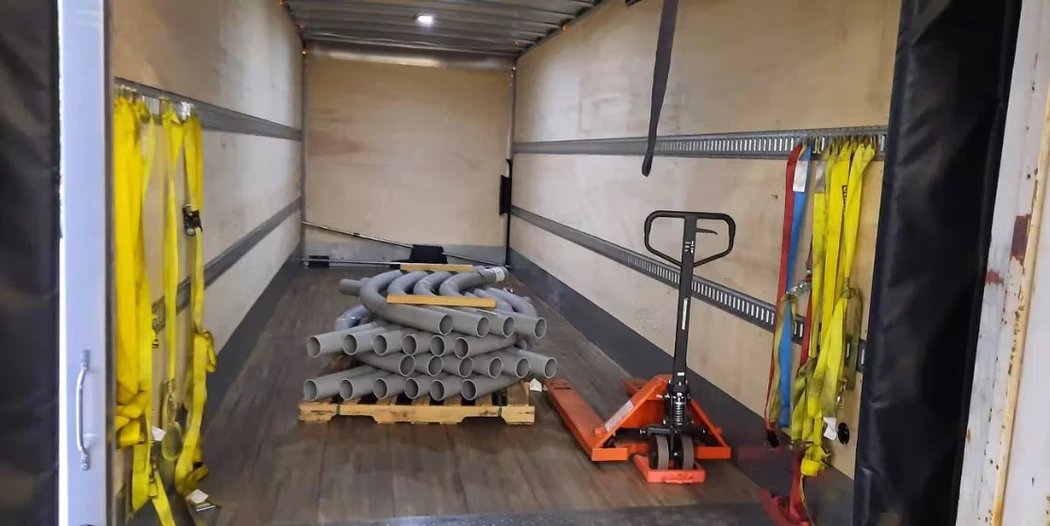
.avif)
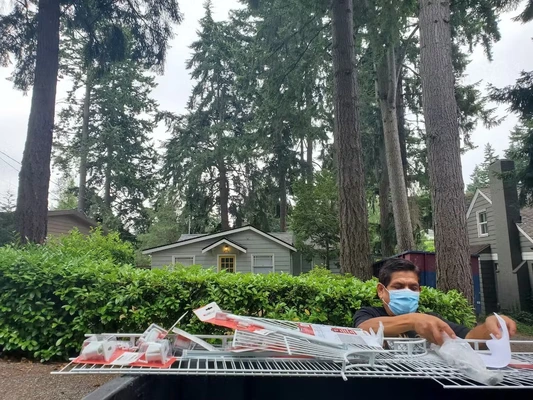

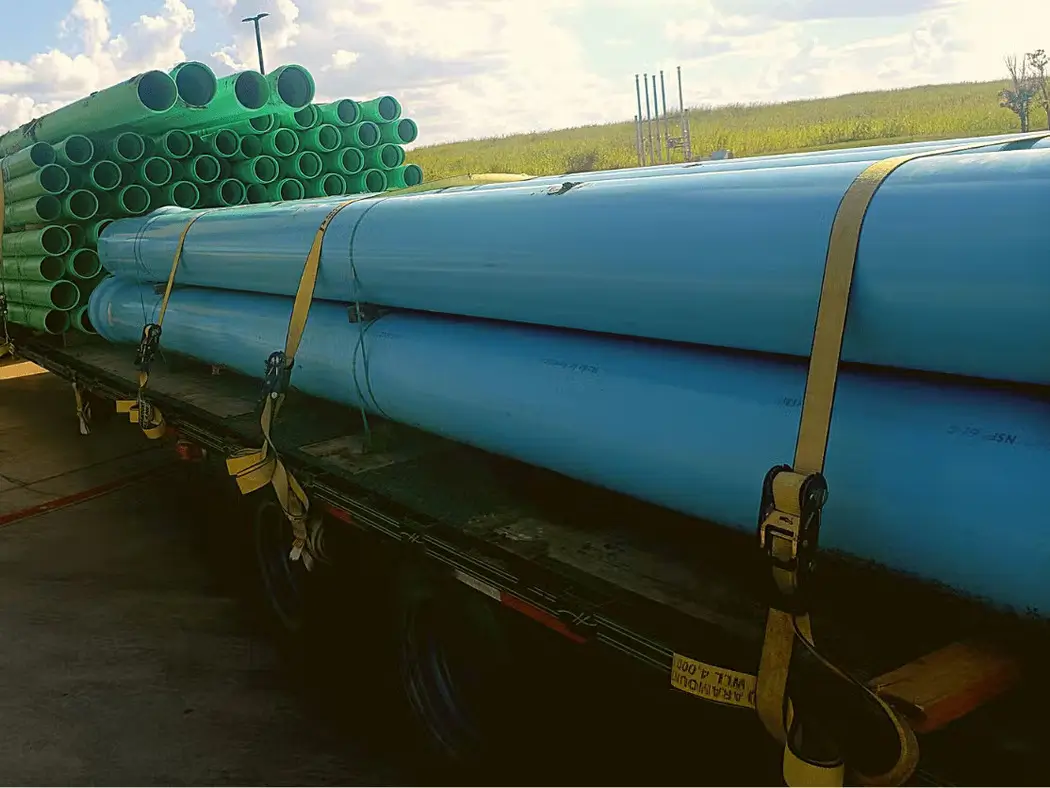
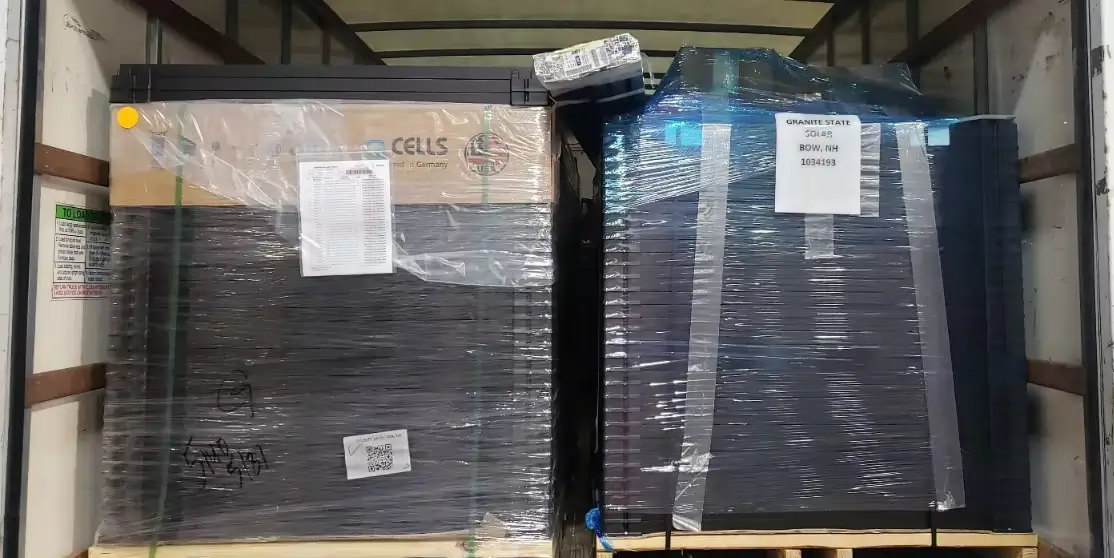
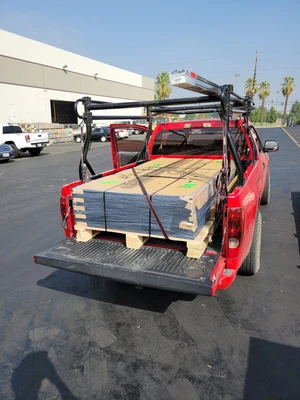
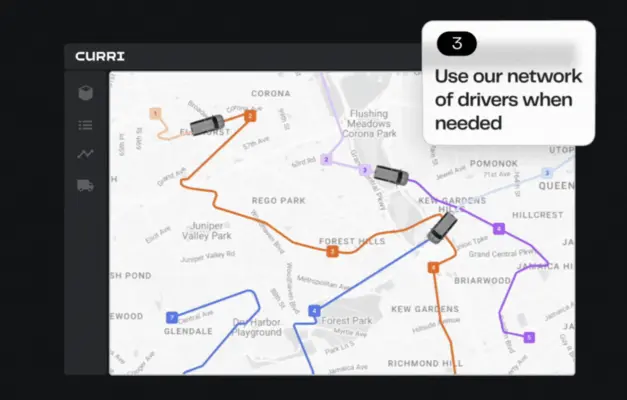


-min.avif)



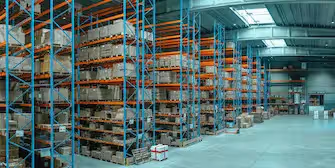

.webp)
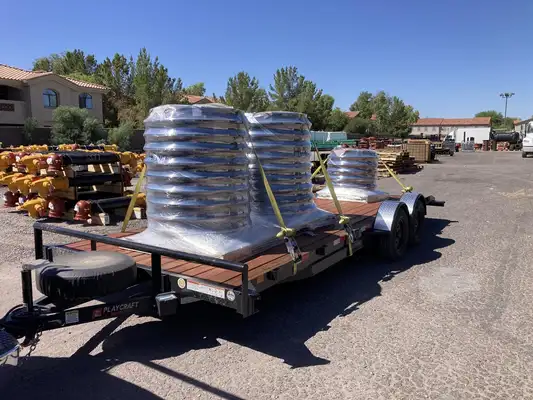
.webp)
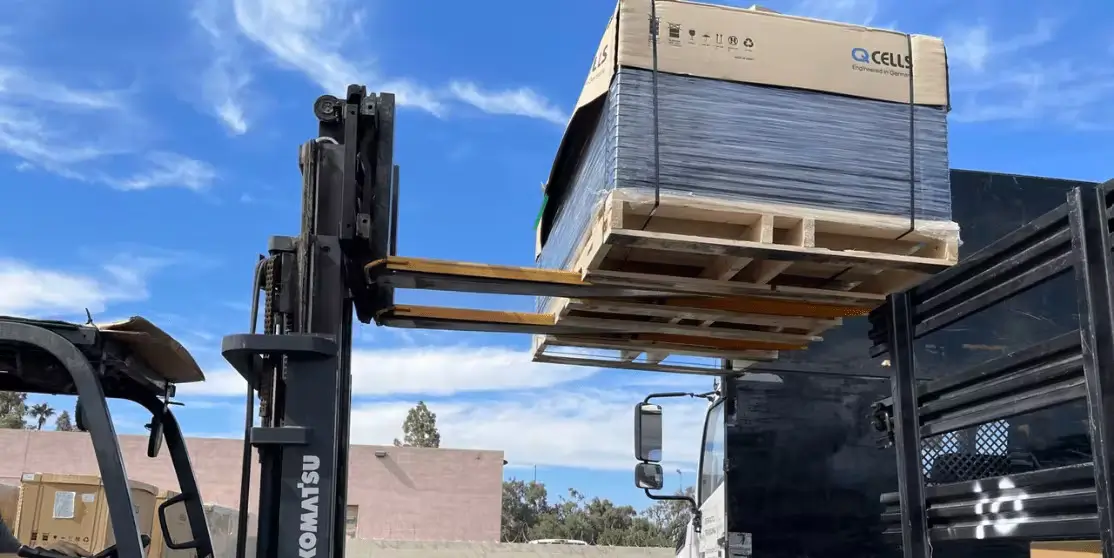
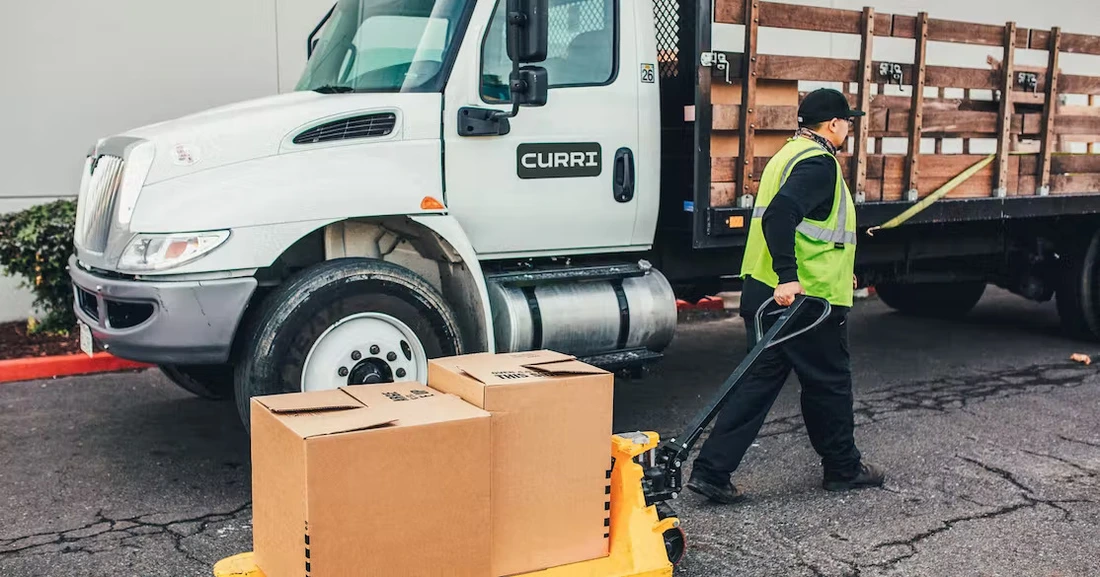
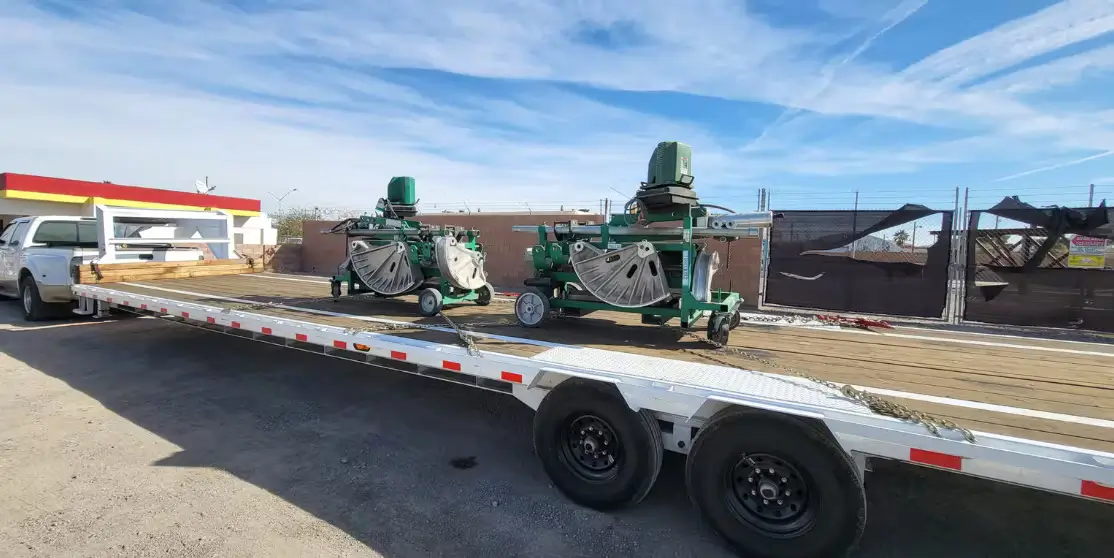
-min.avif)

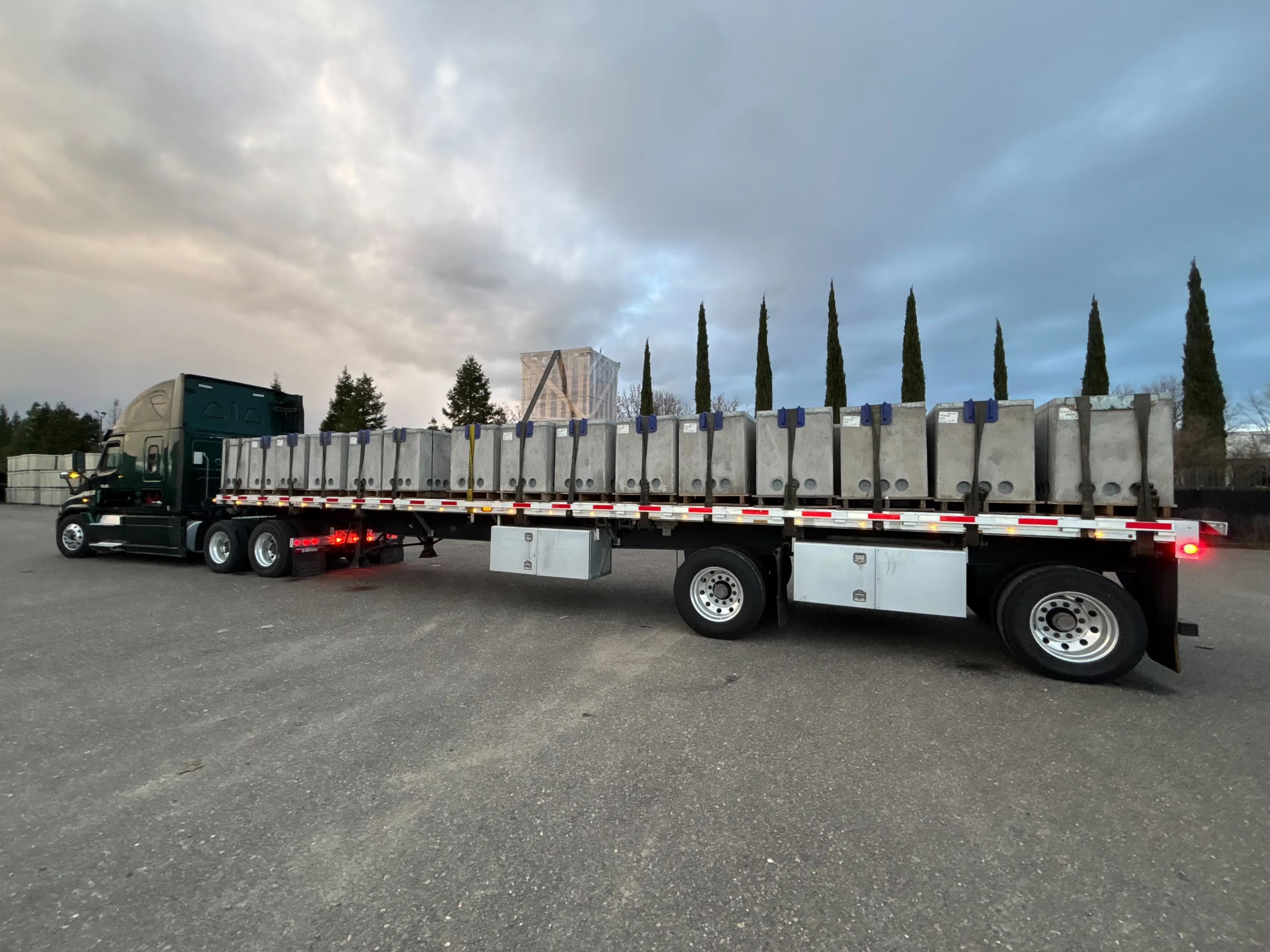

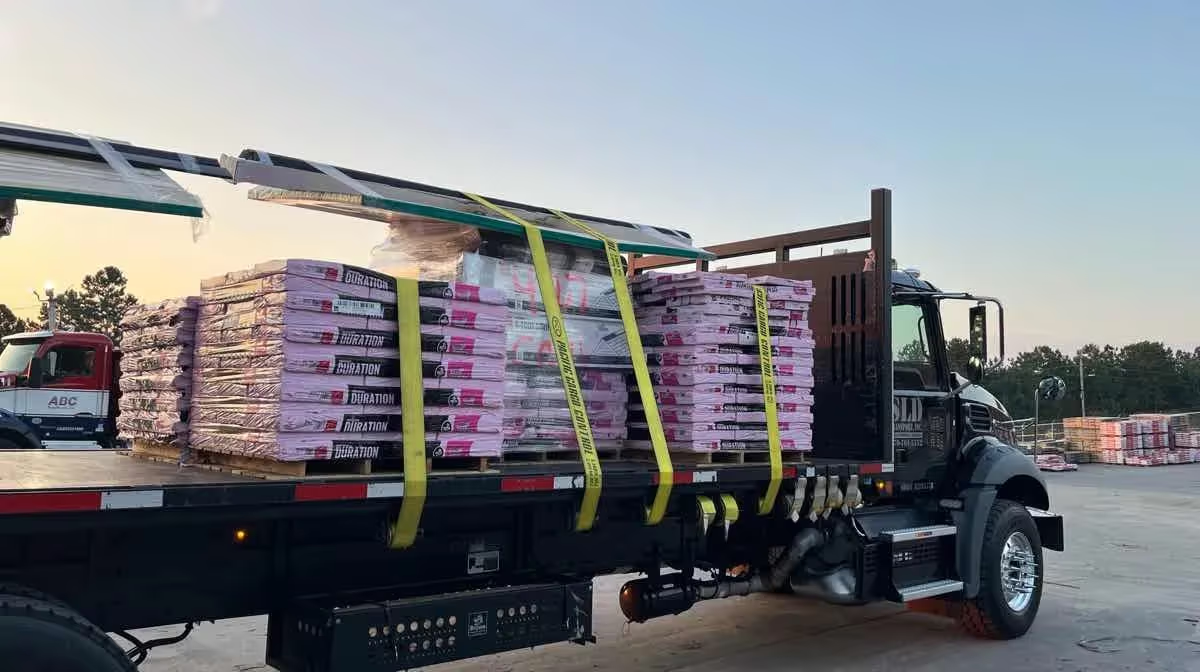
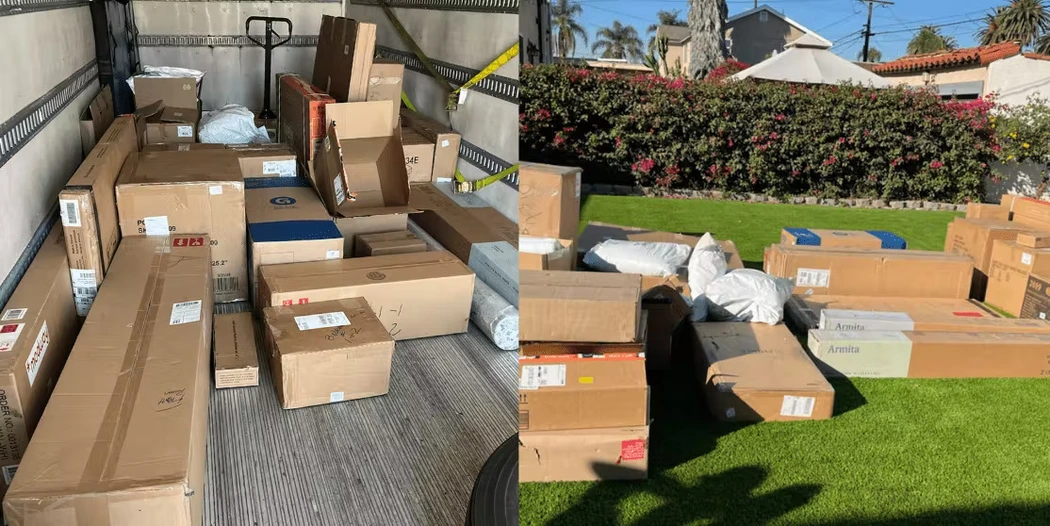
-min.webp)

.webp)
-min.webp)
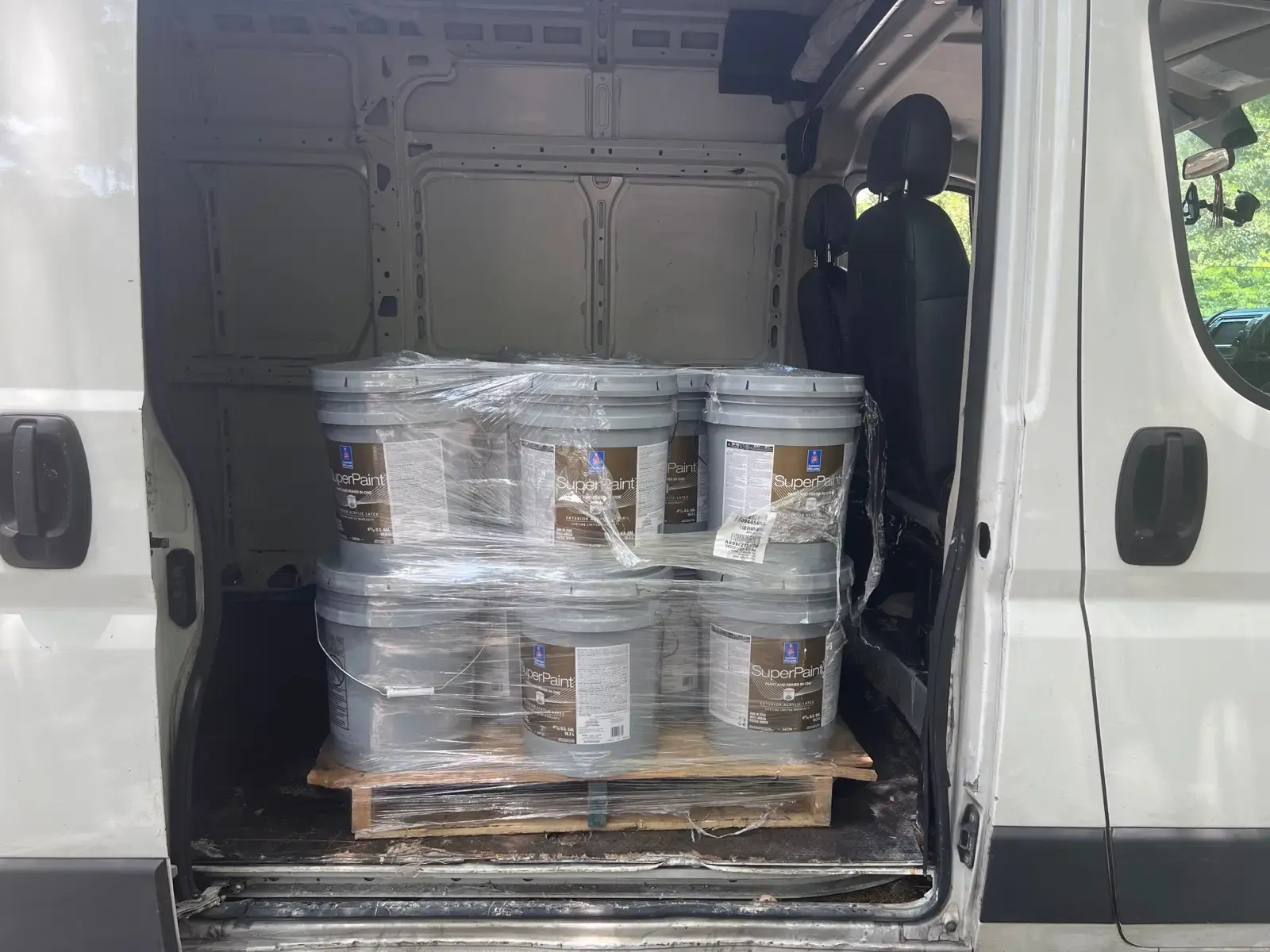
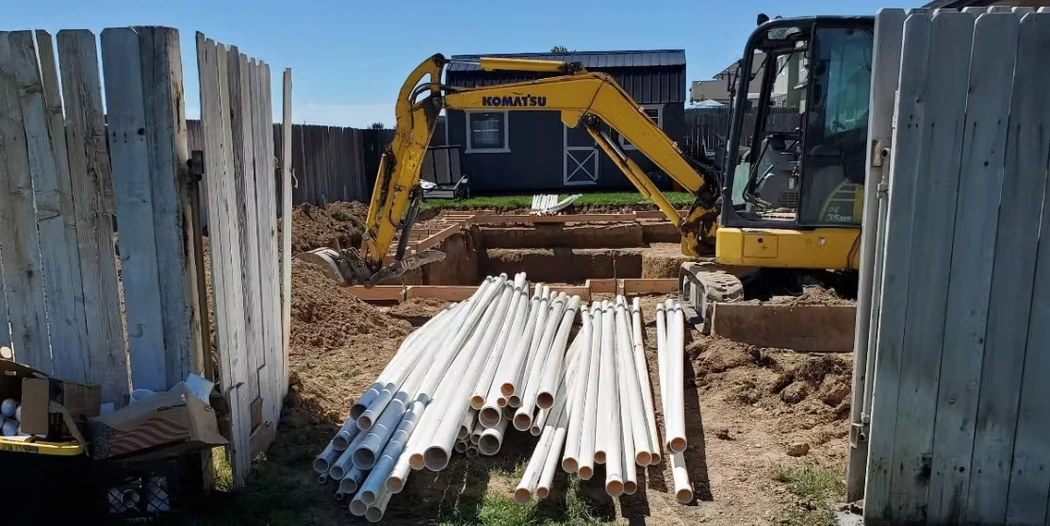

.webp)

.webp)
.webp)
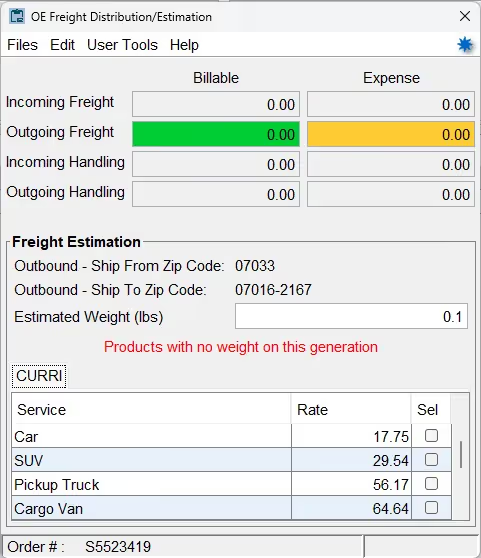
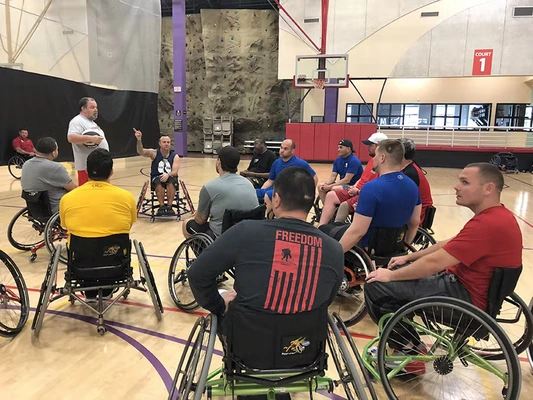
.webp)